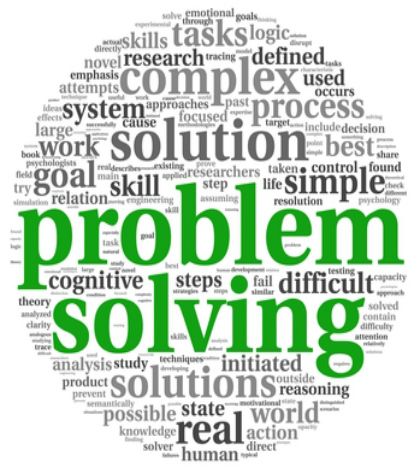Mild Cognitive Impairment vs Dementia?
Find out the key differences between the two and the ongoing debate about the use of the term "Mild Cognitive Impairment" in the diagnosis of early stages of Alzheimer's disease. Consult a specialist for a proper diagnosis.

Does it mean I am going to get Alzheimer’s or Dementia?
To understand the differences in MCI and dementia.. it is important to address what is dementia?
Dementia is actually a term for a group of symptoms.
These symptoms involve areas of the brain responsible for the skills such as:
- Memory
- Speech
- And the ability to think.
These parts of the brain are also responsible for the ability to perform such functions as:
- Dressing
- Eating
- Walking
- Our moods
- And behaviors.
There are over 100 different types of dementia.
All are caused by the death of brain cells in different areas of the brain. Dementia interferes with a person ability to remember things. It also interferes with performing in daily activities. Eventually the disease affects a person’s quality of life.
All of our guides, downloads, worksheets, Premium courses
Click Subscribe To Get Started.
Common symptoms of dementia are:
- Difficulty with speech- word finding problems, the ability to express or be understood
- Loss of the ability to make good judgment calls
- Inability to use abstract thinking
- Experience changes in personality or behavior; irritable, moody, angers easily
- Memory loss or impairment
- Inability to recognize familiar people
- Inability to remember familiar surroundings
At the present time, there is not cure for any dementia. Symptoms are treated as each individual exhibits them. There are medications that may delay the progression of the dementia. There is still ongoing research needed to learn about this devastating condition.
Is there a difference between Mild Cognitive Impairment vs Dementia?
The Signs and Symptoms of Dementia
First, it is important to understand that MCI (Mild cognitive impairment) is not a type of dementia.
Of course, research needs to determine if it is a precursor to a type of dementia. Researchers define Mild cognitive impairment as… a problem or difficulty with the thinking process. This difficulty is unusual for a person’s age or education.
Dementia is defined as an impairment that affects several areas of the brain.
Mild Cognitive impairment is believed by scientists to affect the areas of the brain… responsible for cognitive functioning. MCI does not interfere with an individual’s ability to function in everyday life. A person with the diagnosis of dementia has difficulty performing simple tasks such as: dressing, eating and speaking.
A person with dementia is often unaware… that they have lost their ability to perform everyday tasks of self-care. Once a person loses the ability to perform a task, it will not return.

The Similarities between MCI and Dementia
Of course, Mild cognitive impairment is similar to dementia in many ways.
Research does not know what triggers MCI.
It is thought stress or illness may cause MCI to develop.
There is a thought that there may be a connection between mild cognitive impairment… and the possibility of developing some type of dementia in the future.
Statistics show that 10% to 20% of those individuals that display some form of mild cognitive impairment develop… a type of dementia in the future.
There is a political battle going on right now about the use of the term “Mild cognitive impairment”. MCI is being proposed as a term used as part of the new criteria proposed for early stages of Alzheimer’s disease.
The problem is that, not all individuals with MCI develop… Alzheimer’s disease …or any other form of dementia.
Nor, has it been found that all cases of Alzheimer’s dementia start…with a diagnosis of Mild Cognitive Impairment.
The political issues bring up the issue that.. individuals diagnosed with a form of mild cognitive impairment.. may never develop any progressive characteristics of any form of dementia.
The diagnosis of MCI …in the early stage of another form of dementia… may prevent proper treatment of care.. for an individual with a progressive and terminal form of dementia.
It is strongly recommended to see a specialist that works with any type of memory problem. Have a comprehensive examination for a proper diagnosis.
Learn about a Blood Test to Diagnose Alzheimer's Disease
Our Resource section can help you find the information and tools that you need. We have courses, videos, checklists, guidebooks, cheat sheets, how-to guides and more.
You can get started by clicking on the link below. We know that taking care of a loved one is hard work, but with our help you can get the support that you need.
Click here to go to Resource Section now!



